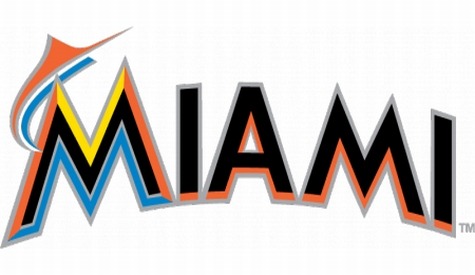
DavidPRBlog
Not Calling the Marlins Disingenuous
Some PR efforts don’t succeed. Last week, Miami Marlins owner Jeffery Loria bought full-page ads in South Florida’s daily newspapers

Some PR efforts don’t succeed. Last week, Miami Marlins owner Jeffery Loria bought full-page ads in South Florida’s daily newspapers

While the lights were out at the Super Bowl, Nabisco sent out a tweet with an image of an Oreo
At David PR Group, we’re more than just a PR firm; we’re a partner in your success. Let’s start with a project and grow from there.